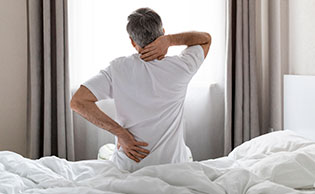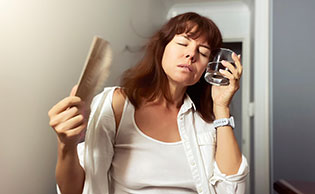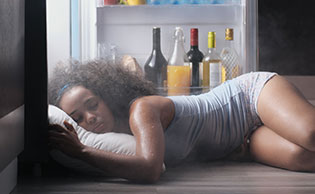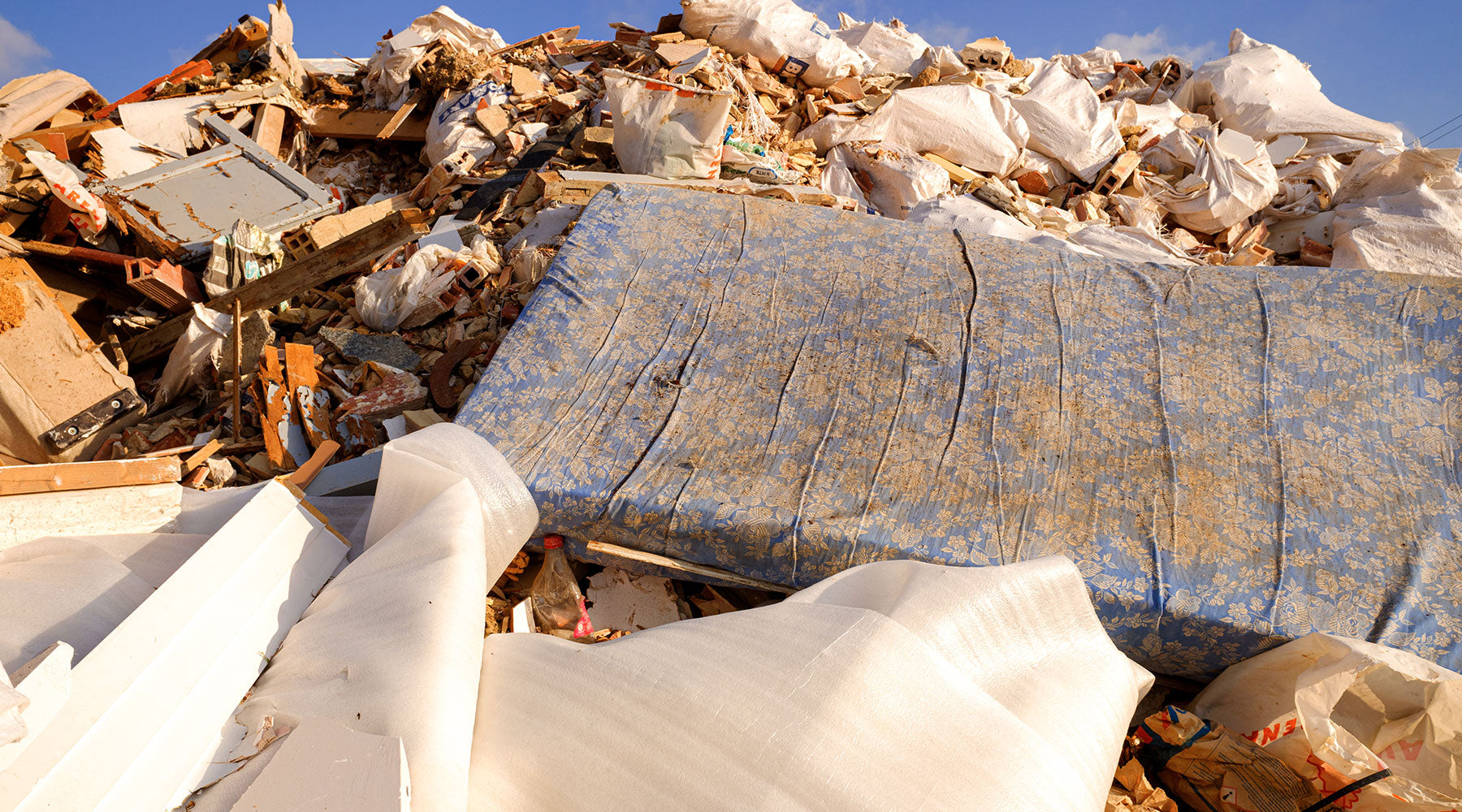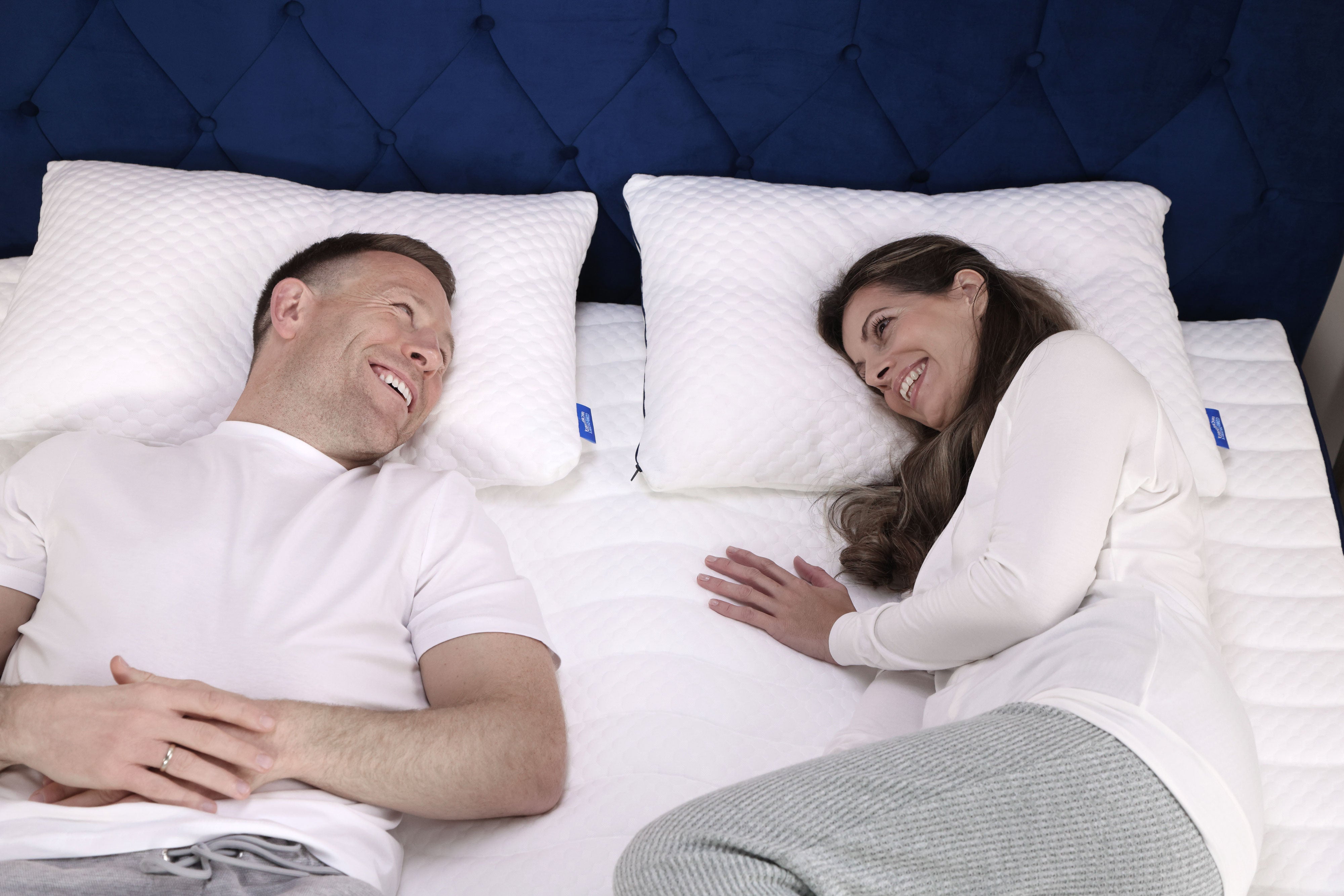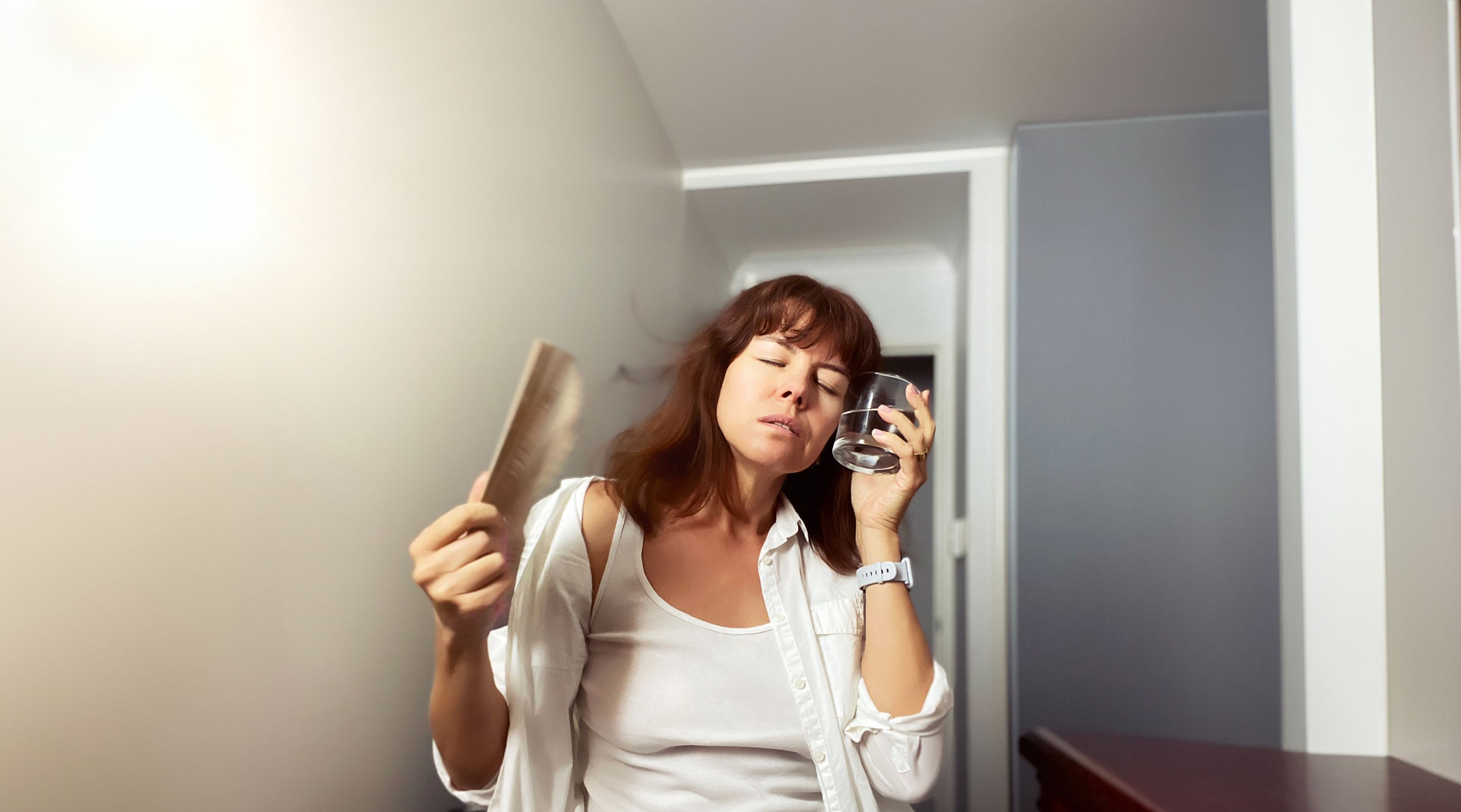
Menopause and Sleep
The effects of Menopause on the everyday lives of millions of women have been ignored for too long. Now, finally, with the likes of Davina McCall and other famous names championing the cause, menopause is no longer an awkward taboo topic.
Menopause can have a devastating effect on sleep, which in turn negatively impacts every waking moment. The Sleep Council have reported that, on average, 12% of women experience sleep complaints. As women age into their 40s and 50s, that number increases dramatically, up to 60%. Sleep issues become more common and worsen from perimenopause to post menopause, when women report the most sleep problems.
Hot flushes effect up to 80% of women at some point during menopause and can last up to 10 years. This leads to night sweats and the increased heat and adrenaline makes it even harder to fall back asleep once awake.
Other common sleep related issues during menopause include insomnia, snoring, sleep apnea, and restless leg syndrome.
So, what can be done to try and help?
Well, over and above hormone replacement therapy, experts have the following top 5 tips for sleeping better with menopause.
- Avoid spicy or acidic foods before bedtime that can trigger a hot flush
- Avoid caffeine, nicotine, and alcohol from the afternoon on, as all of these can disrupt sleep patterns
- De-stress before bed with a night-time routine - have a bath, read a book, or meditate to clear your mind
- Follow a sleep schedule - go to bed around the same time every night to train your body and mind that it’s time for bed
- Most importantly stay cool - lower your thermostat, try lightweight sleep wear, use a fan, or try cooling bedding to maintain a lower temperature through the night
Whatever symptoms you are experiencing during menopause, remember you are not alone and now, more than ever, there is help at hand. Try the NHS, or any of the menopause charities and support groups to get advice and find a safe place to talk to women who are going through this too.

